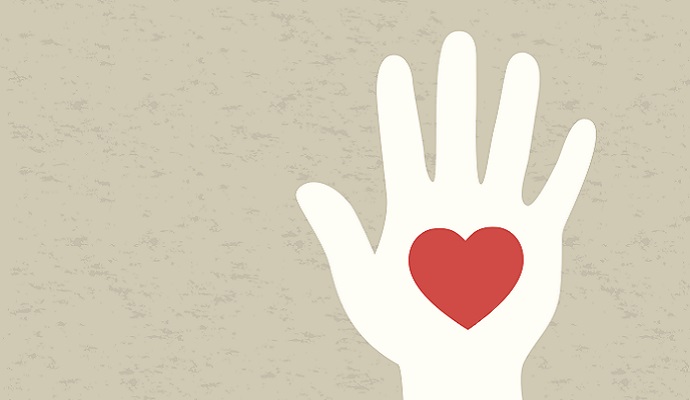Global Effort Aims to Insure Against a Failed COVID-19 Vaccine
A total of 156 economies are now committed or eligible to receive COVID-19 vaccines through the response effort, WHO reports. But the US is not one of them.

Source: Thinkstock
- Sixty-four higher-income economies recently joined the COVAX Facility, a global COVID-19 response effort that ensures governments and manufacturers have access to COVID-19 vaccines, according to an announcement from the World Health Organization (WHO)..
COVAX Facility is the vaccine pillar of the Access to COVID-19 Tools (ACT) Accelerator, an initiative co-led by WHO, Coalition for Epidemic Preparedness Innovations (CEPI), Gavi, and the Vaccine Alliance.
The 64 economies joining the Facility include commitments from the European Commission, which will acquire vaccine doses on behalf of 27 European members plus Norway and Iceland.
Ninety-two low-and middle-income economies that are eligible for support for the procurement of vaccines through the Gavi COVAX Advance Market Commitment (AMC) will join the Facility as well.
In total, 156 economies, which represent nearly 64 percent of the global population according to WHO estimates, will be committed or eligible for the COVAX Facility. And more economies will follow, the organization said.
The US was not on a list of confirmed or intended to confirm Facility participants.
“COVID-19 is an unprecedented global crisis that demands an unprecedented global response,” said Tedros Adhanom Ghebreyesus, MD, WHO director general.
“Vaccine nationalism will only perpetuate the disease and prolong the global recovery. Working together through the COVAX Facility is not charity, it’s in every country’s own best interests to control the pandemic and accelerate the global economic recovery.”
The participating economies will be able to insure themselves against the failure of any individual vaccine candidate and secure successful vaccines in a cost-effective and targeted way, WHO said in the press release.
The COVAX Facility will now start signing formal agreements with vaccine manufacturers and developers to secure the doses needed to end the first phase of the pandemic by the end of the year.
CEPI will lead the COVAX vaccine research and development (R&D) work, which aims to develop at least three safe and effective vaccines for the participating economies. Currently, nine candidate vaccines are being supported by CEPI, while eight are in clinical trials.
“This is a landmark moment in the history of public health with the international community coming together to tackle this pandemic. The global spread of COVID-19 means that it is only through equitable and simultaneous access to new lifesaving COVID-19 vaccines that we can hope to end this pandemic,” said Richard Hatchett, MD, CEO of CEPI.
“Countries coming together in this way shows a unity of purpose and resolve to end the acute phase of this pandemic, and we must now work closely with vaccine manufacturers—who play an integral part in the global response—to put in place the agreements needed to fulfil COVAX’s core aim: to have two billion vaccine doses available by the end of 2021. Today, we have taken a great leap towards that goal, for the benefit of all,” Hatchett continued.
Once vaccines are obtained, licensed, and approved, the Allocation Framework will guide the effort to ensure no participating economy will be left behind.
WHO Strategic Advisory Group of Experts on Immunization (SAGE) will guide the prioritization of vaccine rollout within the economies. Success of the rollout hinges on the economies signing up to the COVAX Facility, commitments from vaccine manufacturers, and filling the key funding gaps in all areas.
So far, the Gavi COVAX AMC raised nearly $700 million from sovereign donors, philanthropy, and the private sector. The initial target for 2020 was $2 billion.
Furthermore, governments, vaccine manufacturers, organizations, and individuals have committed $1.4 billion toward vaccine R&D so far. But nearly $800 million is needed to move the portfolio forward and $300 million is needed to fund WHO’s SOLIDARITY trial, the organization said.
